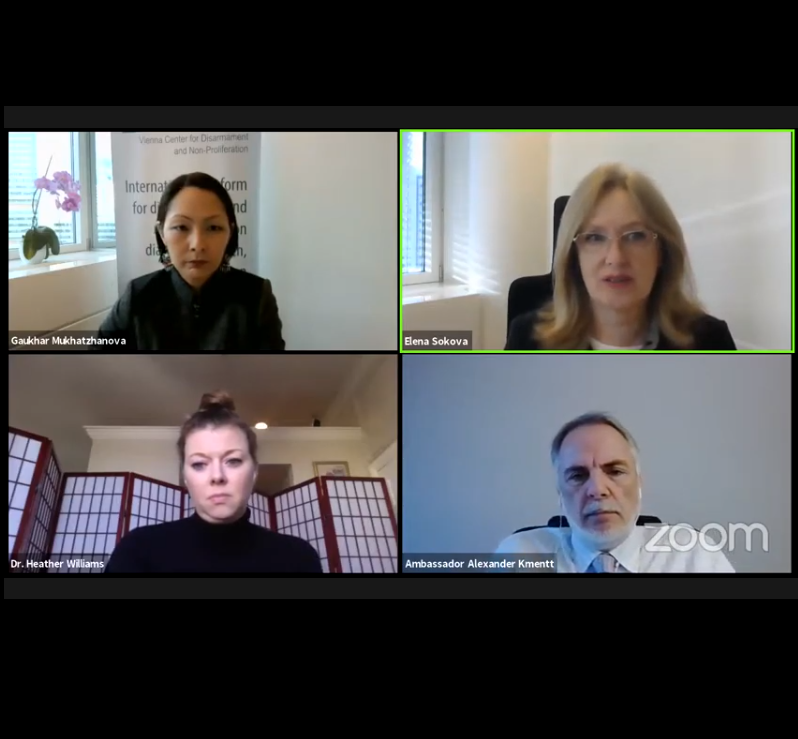
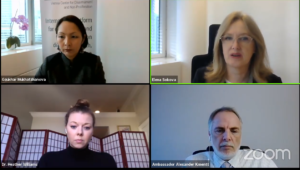
The Treaty on the Prohibition of Nuclear Weapons (TPNW) entered into force on 22 January 2021. It is the first international treaty that prohibits possession, use, and stationing of nuclear weapons, along with other activities, challenging the legitimacy of nuclear deterrence. While most non-nuclear weapon states support the Treaty, nuclear-weapon states, nuclear-possessor states, and their allies continue to oppose the Treaty.
On 25 January 2021, the VCDNP held a panel discussion to discuss the implications of the entry into force of the TPNW and next steps for the Treaty. The panel featured Ambassador Alexander Kmentt from the Federal Ministry of the Republic of Austria for European and International Affairs, Dr. Heather Williams from the Massachusetts Institute of Technology, and Gaukhar Mukhatzhanova from the VCDNP. Ambassador Elayne Whyte Gómez of Costa Rica, who presided over the 2017 negotiations of the TPNW, provided guest commentary. The event was moderated by VCDNP Executive Director Elena Sokova and was attended by more than 300 people via Zoom and YouTube.
The panel addressed a series of questions concerning the importance of the TPNW, its impact on the non‑proliferation and disarmament regime and the upcoming Tenth Review Conference of the Treaty on the Non-Proliferation of Nuclear Weapons (NPT) in particular, its relationship with the North Atlantic Treaty Organization (NATO), and what could be expected of the first meeting of States Parties.
The panellists recalled the origins of the TPNW in the Humanitarian Initiative that sought to reframe the debate on nuclear weapons by shifting the focus to the humanitarian impact of their use and testing, away from the traditional narrative of security and strategic stability. Ambassador Kmentt, in particular, emphasized the significance of the TPNW focusing on the weapons themselves rather than who should be allowed to possess them. In doing so, the TPNW challenges the legitimacy of nuclear weapons and nuclear deterrence policies.
The Treaty was negotiated to advance implementation of Article VI of the NPT, which commits States Parties to pursue nuclear disarmament negotiations. With its entry into force, the TPNW becomes international law and part of the regime built around the NPT. At the same time, Ms. Mukhatzhanova argued, as the TPNW’s very premise challenges the status quo in the regime, there is bound to be tension in the TPNW’s relationship with the NPT review process. Looking towards the Tenth NPT Review Conference, panellists agreed that while the TPNW States Parties and supporters will likely seek acknowledgment of the Treaty’s entry into force and stress the importance of humanitarian consequences, the main focus of the debate should be on the implementation of disarmament commitments agreed by past review conferences.
Addressing the TPNW’s relationship with NATO, it was noted that the new treaty is gaining popularity in European countries and stimulating domestic debate on nuclear weapons. At the same time, Dr. Williams emphasized that NATO places nuclear deterrence at the heart of its security strategy and intends to remain a nuclear alliance for as long as nuclear weapons exist. That said, she argued, states on both sides should pursue a “peaceful coexistence” modality and address practical questions such as the possibility of cooperation on nuclear risk reduction and other measures.
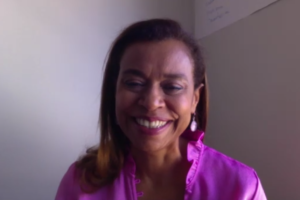
The first meeting of States Parties to the TPNW has to take place within a year of entry into force, by 22 January 2022. The panellists discussed the various tasks for the first meeting of States Parties and expectations in this regard. States Parties would need to work on interpretations of some of the provisions of the Treaty, disarmament timelines under Article 4, and address universalization of the Treaty, among other issues. Ambassador Kmentt and Ambassador Whyte underscored in their remarks that, beyond the institutional matters, States Parties should engage on substantive issues underlying the Treaty and its humanitarian rationale in particular. Finally, as the meetings of States Parties to the TPNW will be open to all UN Member States, Ambassador Kmentt expressed hope that non‑signatories would use the opportunity to attend as observers, because solving the issue of nuclear weapons requires broad participation of the international community.
The recording of the webinar is available below.


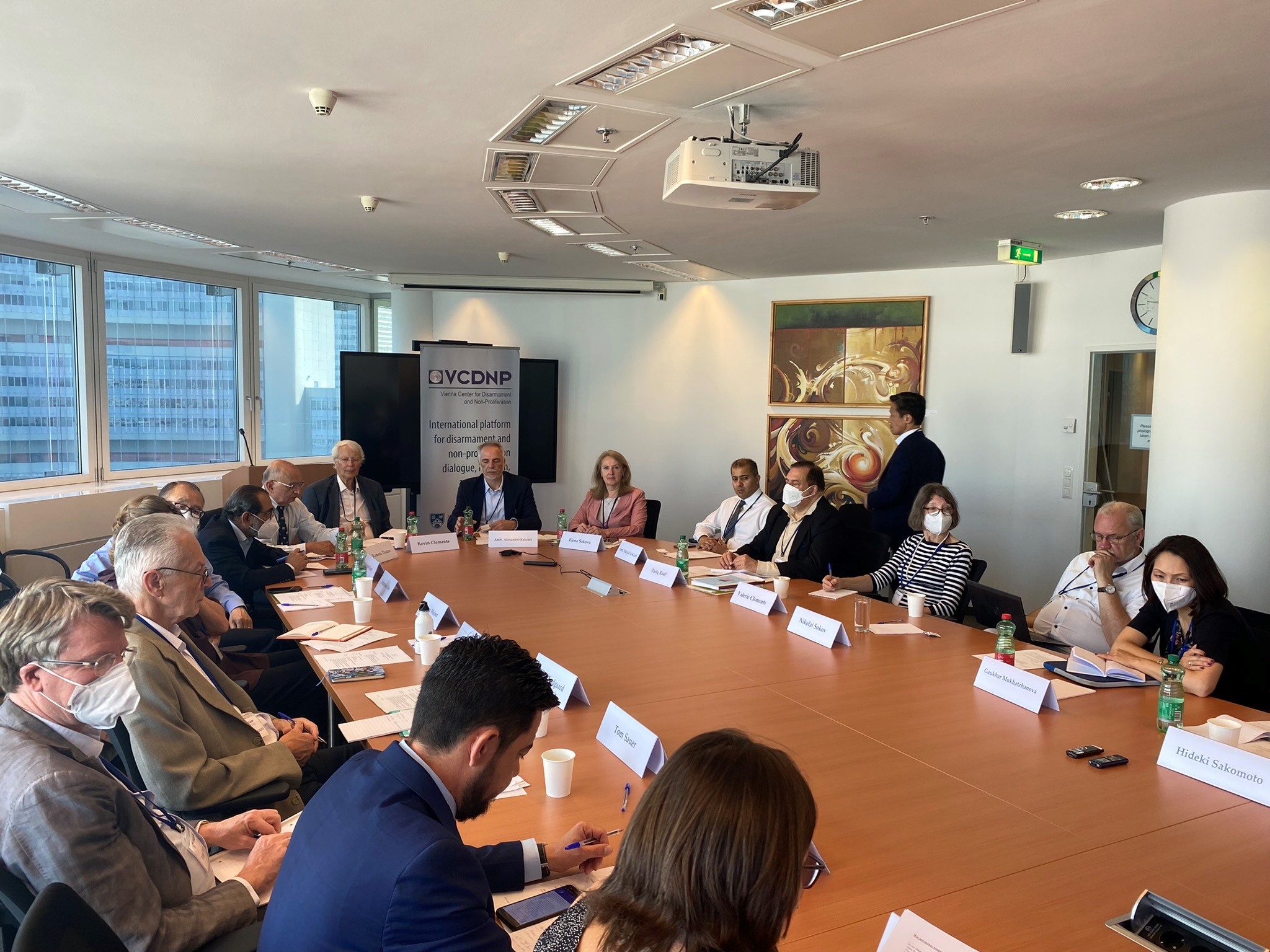
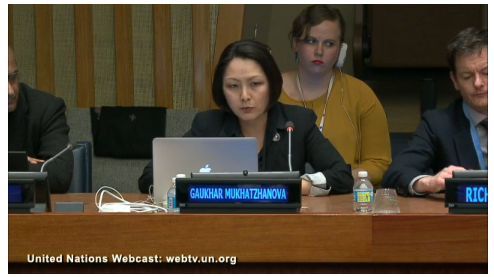
By continuing to use the site, you agree to the use of cookies. more information
The cookie settings on this website are set to "allow cookies" to give you the best browsing experience possible. If you continue to use this website without changing your cookie settings or you click "Accept" below then you are consenting to this.